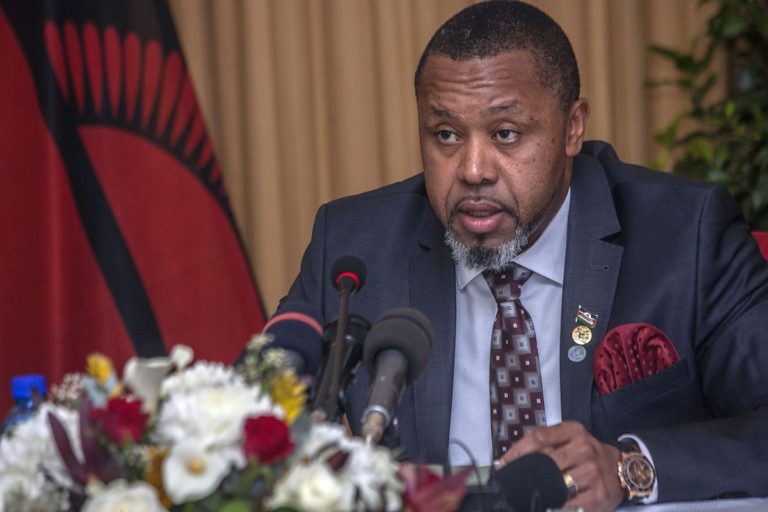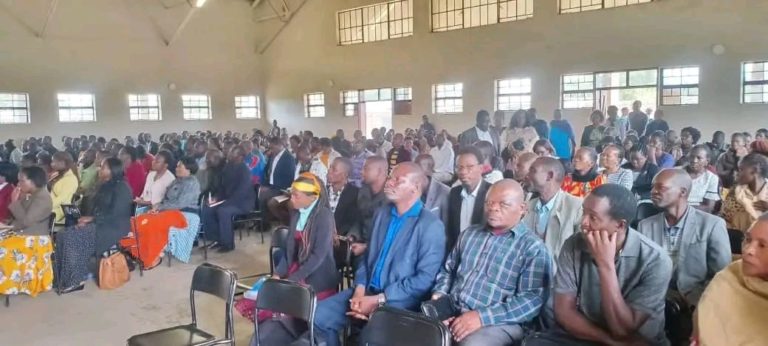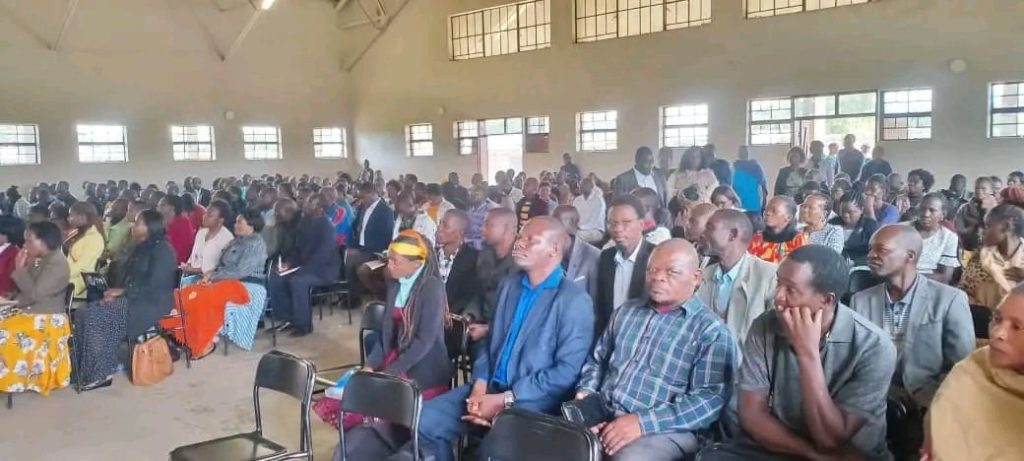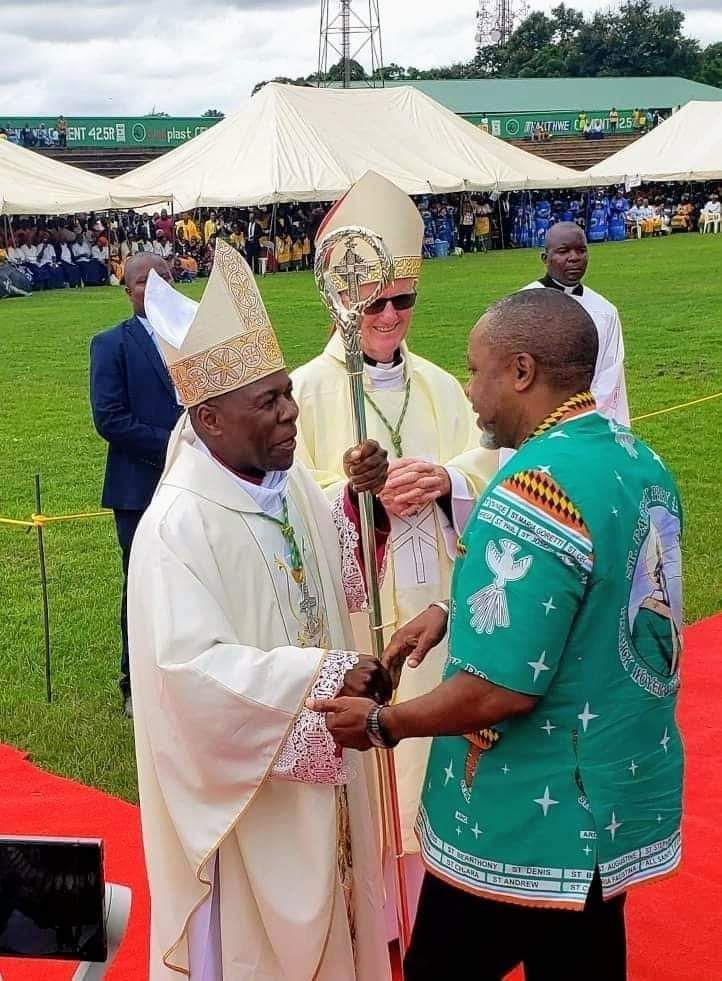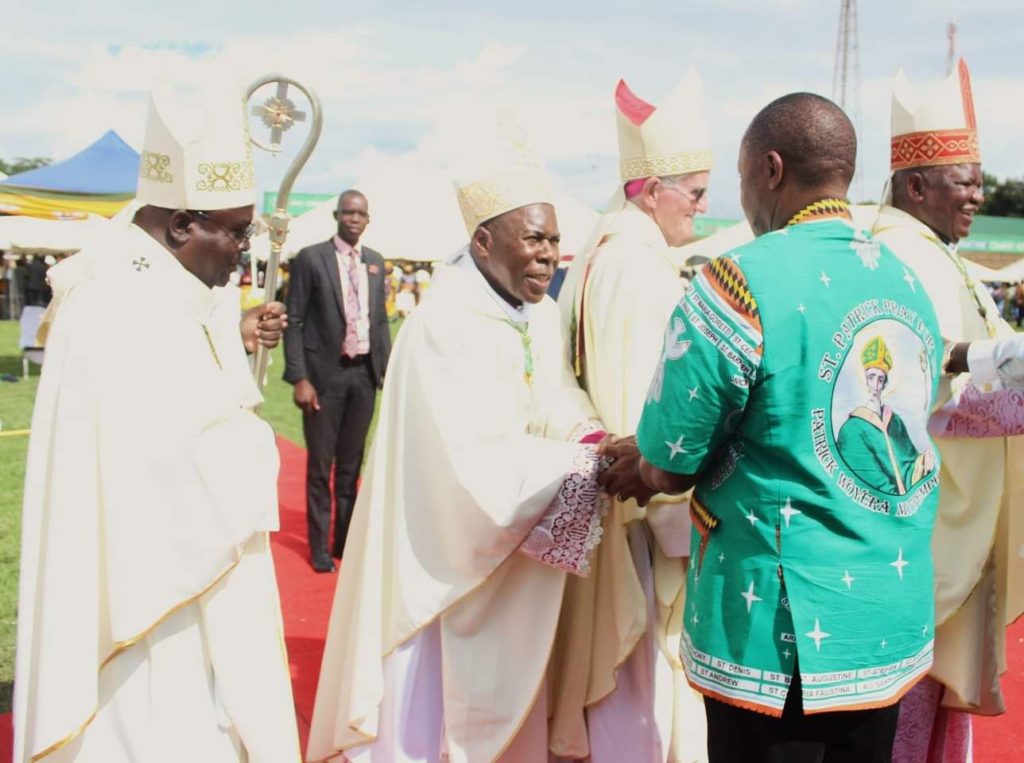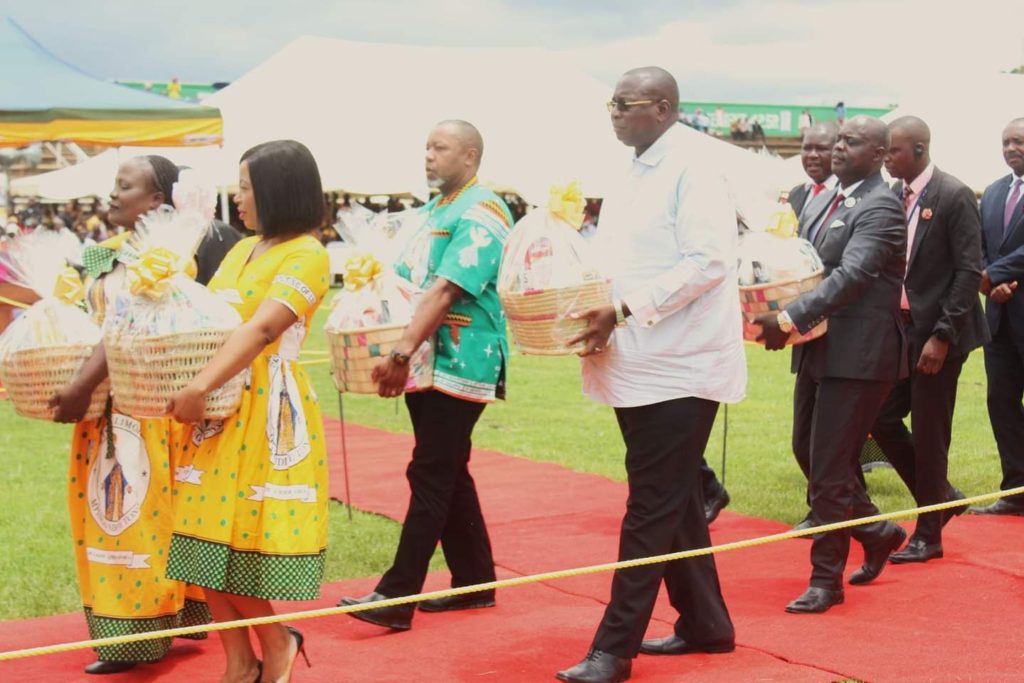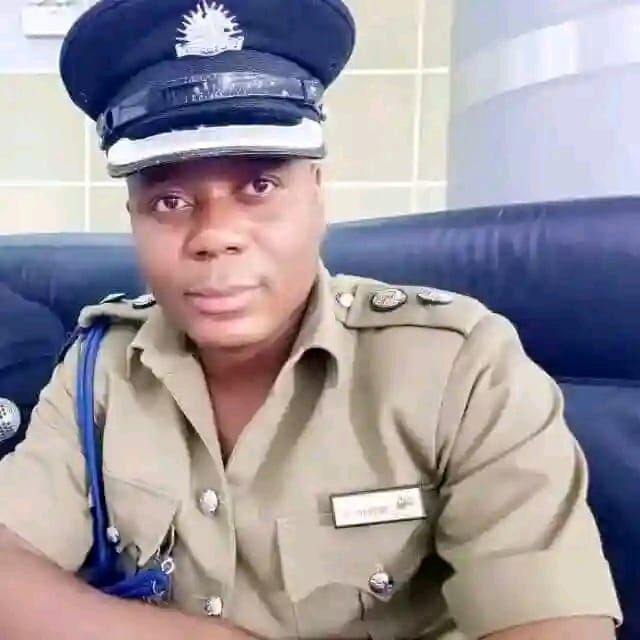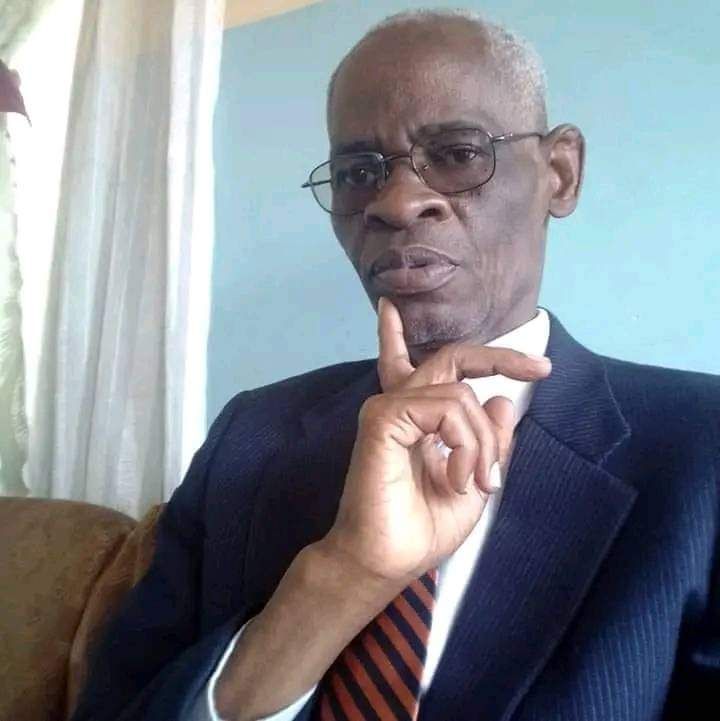By Rick Dzida
Sympathisers of Vice President Saulos Chilima appear gloomy when they are openly told that any person like Saulos Chilima who has served his maximum two terms as vice president is not eligible to stand for presidency.
This is according to the 2009 Constitutional Court which comprised Justice Twea, Justice Potani and Justice Dr.Mtambo.
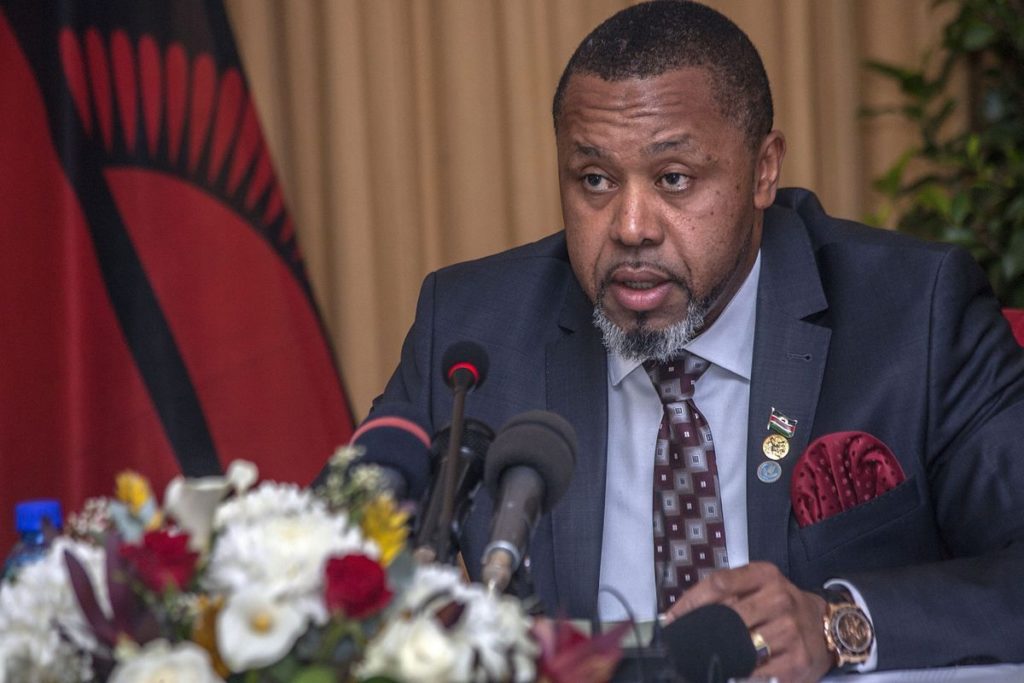
Some Chilima’s die-hards have been asking for a clause in the Malawi Constitution that disallows a vice president who has served his maximum two terms from standing for presidency.
Frankly speaking, the Malawi Constitution does not explicitly stipulate that.
This is where the jurisdiction of the Constitutional court comes into play.
Whenever there are contradicting interpretations of the Malawi Constitution, the High Court sitting as a Constitutional Court is mandated to provide a formal interpretation of the same.
Then there are some Chilima’s supporters who understand that the law indeed bars Saulos Chilima from standing for presidency and so they ask, what if Vice President decides to resign now, is he still ineligible to stand for presidency in 2025?
Unfortunately, he is still not eligible for presidency because once he was elected in 2020, he was serving his last term, the Chilima’s term. Anyone who comes in to assume the vice presidency will be serving the Chilima’s second term.
This is why, in this scenario, Chilima’s care-taker will still be eligible for another two terms in the presidency.
Still being disappointed with the law, Chilima’s staunch supporters do not tire to ask, isn’t there anything that Chilima can do to lift the ban for the presidency?
Fortunately, there are a myriad of options which Chilima can decide to follow.
Chilima can lobby the Cabinet and the National Assembly to deliberate a bill that will change the Malawi Constitution so that it explicitly stipulates that any vice president who has served his maximum two terms is eligible to stand for presidency.
This is not easy since two-thirds majority is required in the National Assembly to change the Malawi Constitution.
Chilima can also motivate the Executive arm of Government and the National Assembly to call for National Referendum to change the Constitution in his fair.
This is practically difficult as it would look like the whole nation is vesting its interest in a single individual.
My recommended option for Chilima is to wait and relax.
Whenever Dr. Chifundo Kachale, the Malawi Constitution Specialist and Chairman of the Malawi Electoral Commission (MEC) rejects Chilima’s candidature on the basis of the stipulated case law, Chilima can appeal against MEC’s decision.
The Chilima’s supporters continue to exude skepticism by further asking, what if the Chilima’s appeal fails?
If that happens, all is not politically lost for Vice President Chilima. He and his UTM party can form an electoral alliance with any political party.
Once the alliance forms government, Chilima can even be the cabinet minister or he can be sent to any diplomatic mission abroad.
Chilima can also choose to humble himself to vie for the position of the Member of Parliament which happens to be a stepping stone towards the speakership of the National Assembly.
Another pragmatic option for Chilima is to quit active politics and venture into private business here and beyond.
Indeed for Chilima, the sky is limit.


